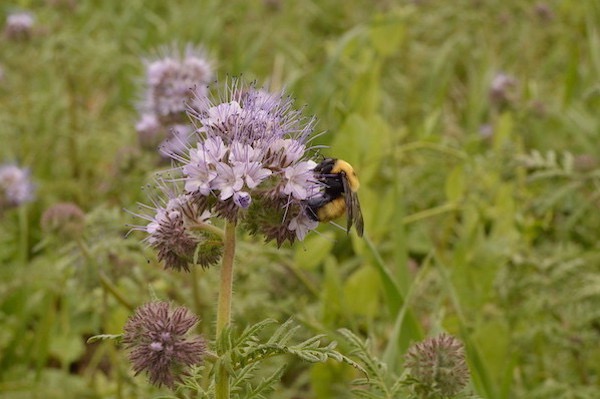Scaling up Regenerative Agriculture
This project brings together expertise from the Faculties of Science, Business and Economics, Veterinary & Agricultural Sciences with external partners from Paraway Pastoral, the Central Victorian Regenerative Farmers Inc and more.
Summary
The agriculture sector is a large greenhouse gas (GHG) emitter. National and international climate policies are increasing pressure to reduce these agriculture sector emissions. The Australian agriculture sector is exploring farm management strategies that will help meet these targets by reducing on-farm GHG emissions.
Regenerative agriculture (RA) has been proposed as an approach to reduce emissions while improving soil health, supporting climate adaptation and improving ecosystems, landscapes and the health of farmers and communities, while maintaining or improving farm productivity in the longer term. RA is a suite of practices involving maintaining vegetation cover, reducing soil disturbance, grazing and herd management, increasing tree cover and reducing inputs of synthetic fertilisers and agricultural chemicals. However, robust evidence of the nature and extent of these impacts on farm business is limited.
Adopting RA methods to reduce emissions across the sector requires large-scale, upfront investment. This project aims to assess options to scale up investment for regenerative agriculture. Evidence of likely financial return from investments is required for mainstream investors to confidently allocate funds to regenerative agriculture. This also requires an understanding of how financial and non-financial impacts of such investments interact over time. This project brings together expertise in measuring the environmental services of regenerative agriculture and expertise in measurement and reporting methods that mainstream investors require.
Project lead: Rod Keenan
